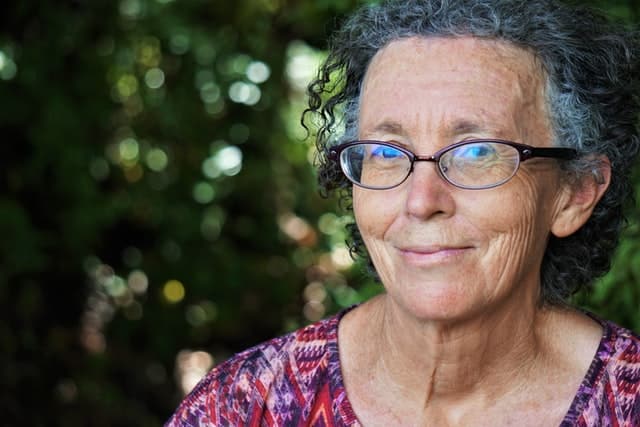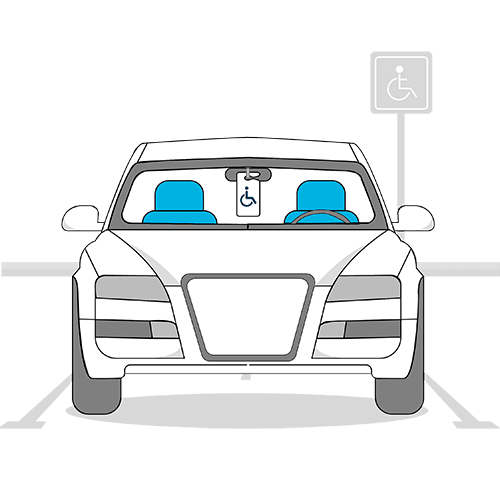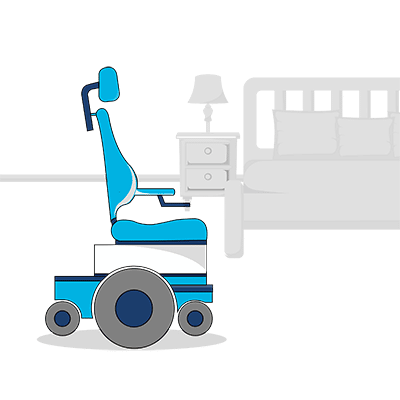While the NDIS is a cutting edge scheme that helps fund the costs associated with disability, it doesn’t accept new participants who are over 65 years. This leaves many people asking “what happens when you reach the over 65 NDIS cut off?”.
If there’s no NDIS after 65, how do older people get the help they need when they’re diagnosed with one or more disabilities?
In this article, we aim to shed some light on these questions and look at the latest developments – or planned developments – in aged care. After all, our society must be built on the ethics of respect and support for our senior citizens… right? And if that’s so, any gaps in our health care systems need to be addressed. Quickly.
Over 65 NDIS eligibility in an ageing population
Being an ageing nation means fewer children are born each year. At the same time, life expectancy increases, which means the aged are our fastest growing population group.
People over 65 years old account for more than 16% of the nation. Although many (likely the majority), won’t be living with disability, it means a large portion of Australians don’t meet the age eligibility criteria to receive NDIS support. On top of which, the over 65 NDIS cut off can be confusing.
Let’s start by answering two important questions…

1. What happens to my NDIS when I turn 65?
Generally speaking, if you were already a participant before you turned 65 years old, you have two primary options. You can either continue being an NDIS participant or choose to move to the My Aged Care service. If you stay with the NDIS your supports can continue as they did before you were 65 years old.
However, if your needs change – as is often the case as we age (especially when ageing while living with disability) – you may no longer meet the NDIS eligibility requirements. For instance, you may start to require home care on a full-time basis or you may need to move into permanent residential aged care.
Both these requirements are seen as a change to your status and mean you’re no longer eligible for the NDIS scheme. If this is you, then skip to our section further down to find out more about My Aged Care.
2. What happens if I acquire a disability when I’m 65 or older?
The NDIS doesn’t take new participants over the age of 65 years old. No exceptions. As a result, if you are diagnosed with a disability for the first time once you’re 65 years, you won’t be eligible for NDIS support.
Instead, you can apply to the My Aged Care service for 65 years and onwards.
Over 65 NDIS cutoff, a crucial time in our lives
While anyone of any age can easily have an illness or injury that leads to a physical disability, it’s far more likely to happen as we age. This is an extremely important time in life to be able to access the reasonable and necessary supports to go on living life to the fullest.
While the NDIS has done a lot to support Australians who live with disability, and it has become well known and widely accessed, it’s still fairly new.
The aged care system, however, was already long underway when the NDIS launched. As such it was already well positioned to cater to the specific needs of seniors.
My Aged Care
In Australia, My Aged Care is the primary support scheme for seniors with reduced mobility from a medical condition that requires support. The program offers support in three primary areas:
- Aged care homes
- Short term care (for example, after an accident, illness or hospital stay)
- Home care
This last point, Home Care, has two tiers of support. The first is an entry-level support program called the Commonwealth Home Support Programme (CHSP). This includes entry-level supports such as preparation with meals, personal care for daily activities like showering and occupational therapy.
Home care packages make up the second tier, which provide more intensive levels of support. In addition to the entry-level supports, these may include things like assistive technology, home modifications and vision and hearing services.
However, seniors with a disability regularly don’t have their needs met as they would have if they’d been able to access the NDIS. Read more on this in the recent findings from the Royal Commission Into Aged Care.
Watch this introductory video on My Aged Care:
Extra supports, like car insurance for disability parking permit holders
We understand what a daunting and often tiring process applying for disability and aged care support can be. We also understand how expensive and valuable mobility aids such as wheelchairs and disability converted cars are.
This is why we offer affordable and reliable wheelchair insurance in Australia. It’s also why we provide up to 25% off disability car insurance for disability parking permit holders (which also covers your wheelchair and other mobility equipment while it’s in your car).
Contact us today to get a quote.








